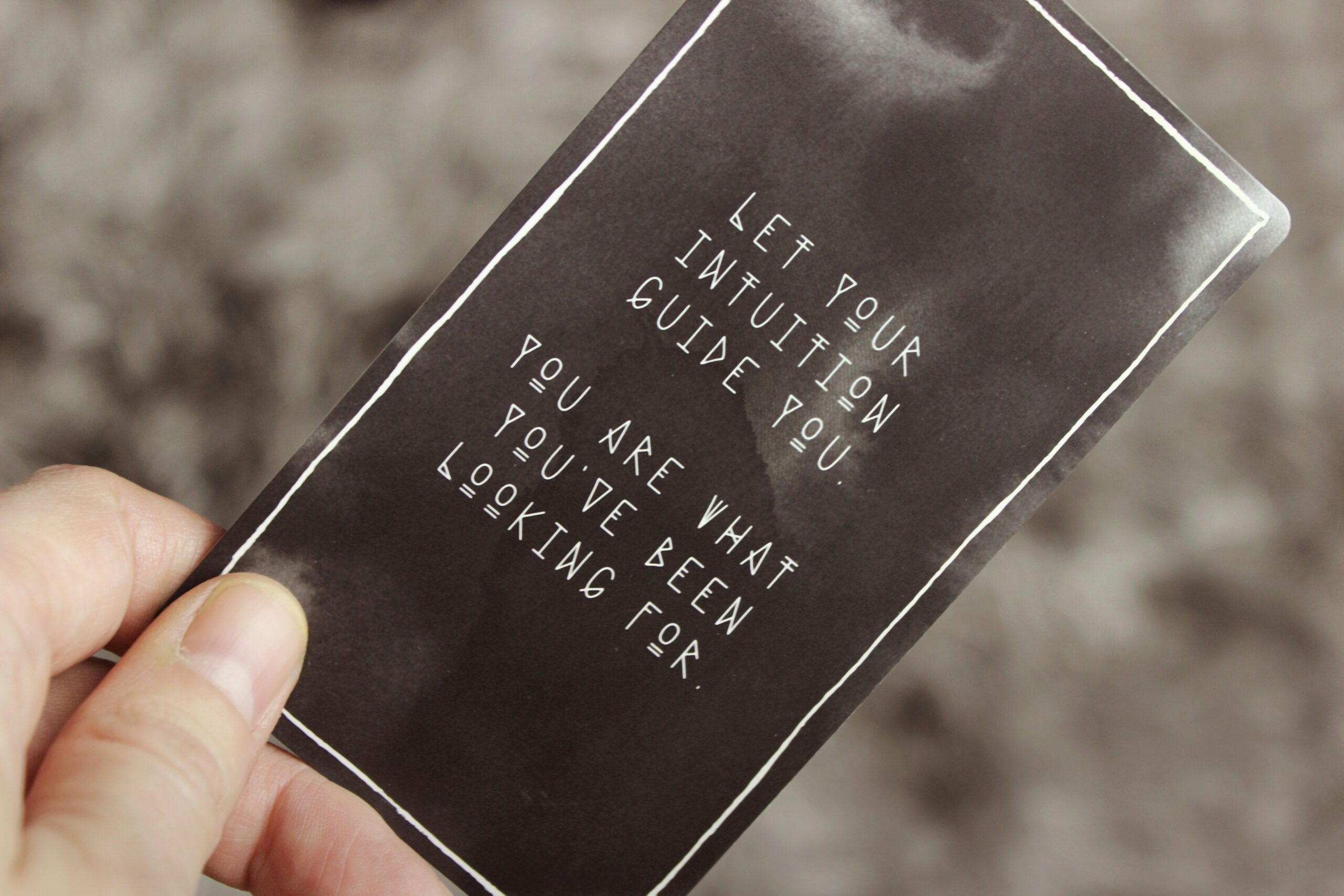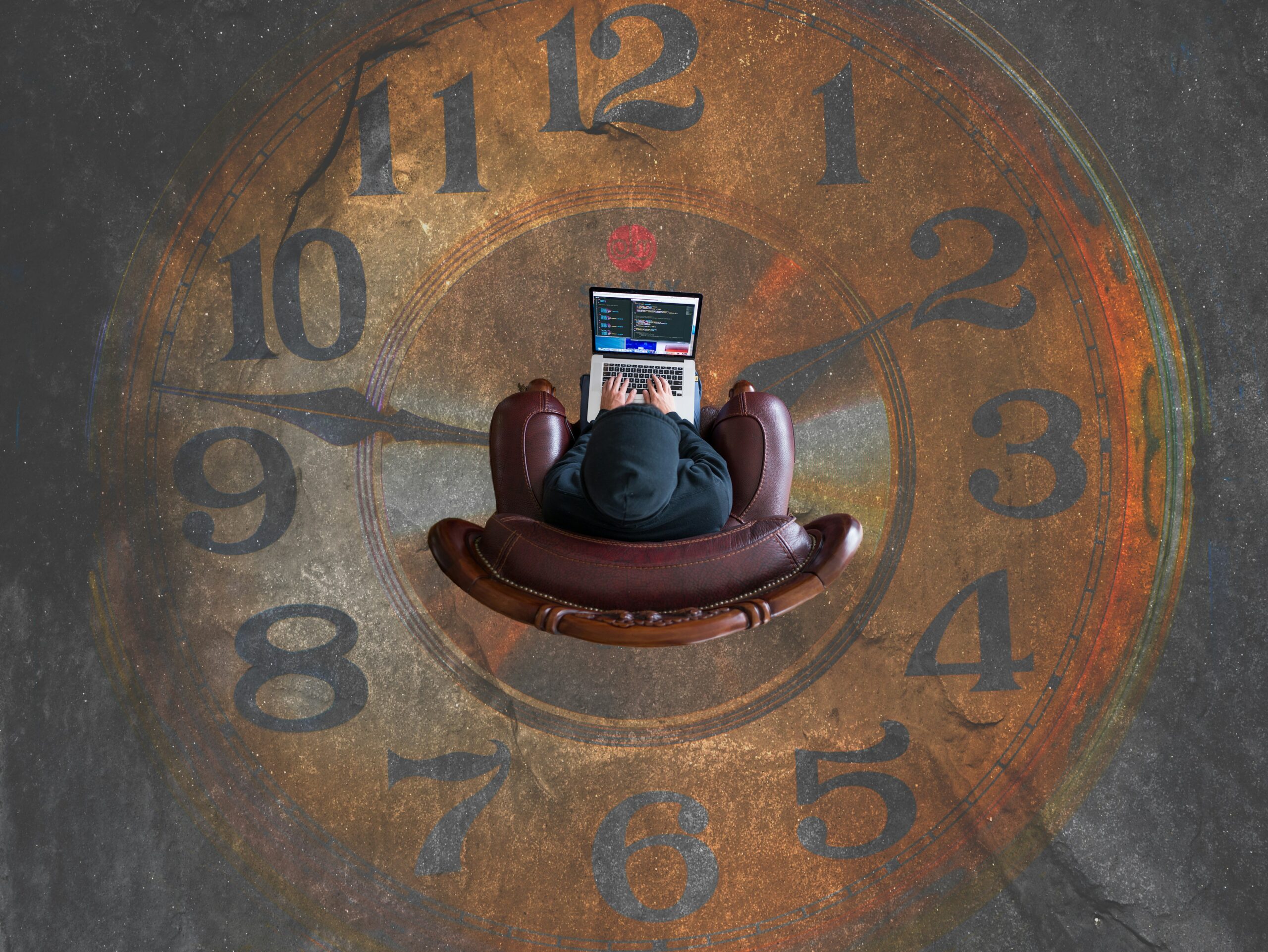
Finding Balance Between Work and Life

In today’s fast-paced and demanding world, finding a balance between work and life has become increasingly important. The constant pressure to excel in our careers often leads to neglecting other aspects of our lives, resulting in unhappiness and burnout. However, achieving a healthy work-life balance is not only essential for our well-being but also for our overall satisfaction and success.
The Importance of Work-Life Balance for Happiness
Work-life balance refers to the equilibrium between our professional commitments and personal life. It is crucial for maintaining our mental and physical health, fostering healthy relationships, and finding happiness. When we prioritize work excessively, we may neglect our personal relationships, hobbies, and self-care, leading to feelings of dissatisfaction and stress.
On the other hand, when we strike a balance between work and life, we can experience increased happiness and fulfillment. By dedicating time to our loved ones, pursuing our passions, and taking care of ourselves, we create a sense of harmony that positively impacts our overall well-being.
The Consequences of Overwork and Burnout
Overworking and neglecting our personal lives can have severe consequences. Constantly pushing ourselves beyond our limits can lead to burnout, a state of chronic exhaustion, cynicism, and reduced effectiveness. Burnout not only affects our mental and physical health but also hinders our productivity and performance in the long run.
Moreover, overwork and burnout can strain our relationships, as we may not have enough time or energy to invest in nurturing them. This can lead to feelings of isolation and loneliness, further impacting our overall happiness and well-being.
Strategies for Setting Boundaries and Prioritizing Self-Care
Creating a healthy work-life balance requires setting boundaries and prioritizing self-care. Here are some strategies to help you achieve this:
- Establish clear boundaries: Clearly define your working hours and communicate them with your colleagues and superiors. Avoid checking work emails or taking work-related calls outside of these hours, unless it is absolutely necessary.
- Delegate and ask for help: Learn to delegate tasks and ask for assistance when needed. This will prevent you from feeling overwhelmed and ensure that you have time for other aspects of your life.
- Practice time management: Prioritize your tasks and allocate time for both work and personal activities. By effectively managing your time, you can avoid procrastination and create space for leisure and relaxation.
- Take breaks: Incorporate short breaks throughout your workday to rest and recharge. Stepping away from your desk and engaging in activities that bring you joy can help improve your productivity and overall well-being.
Tips for Incorporating Leisure Activities and Downtime into Busy Schedules
Even with busy schedules, it is possible to incorporate leisure activities and downtime into our lives. Here are some tips to help you make time for self-care:
- Plan ahead: Schedule specific time slots for leisure activities and treat them as non-negotiable commitments.
- Find efficient ways to relax: Incorporate relaxation techniques such as meditation, deep breathing, or taking a walk during your breaks or commute.
- Combine activities: Look for ways to combine leisure activities with other tasks. For example, listen to audiobooks or podcasts while exercising or doing household chores.
- Unplug from technology: Dedicate some time each day to disconnect from electronic devices and engage in activities that do not involve screens.
Reflection on the Satisfaction Derived from Achieving a Healthy Work-Life Balance
Achieving a healthy work-life balance is not always easy, but the rewards are worth it. By prioritizing our personal lives and taking care of ourselves, we can experience greater satisfaction and happiness in all areas of our lives.
When we have time for our loved ones, pursue our passions, and prioritize self-care, we cultivate a sense of fulfillment that spills over into our professional lives as well. We become more focused, motivated, and productive, ultimately leading to greater success and satisfaction in our careers.
Remember, finding a balance between work and life is an ongoing process. It requires self-awareness, prioritization, and the willingness to make necessary changes. By consciously striving for this balance, we can create a life that is not only successful but also fulfilling and meaningful.



















